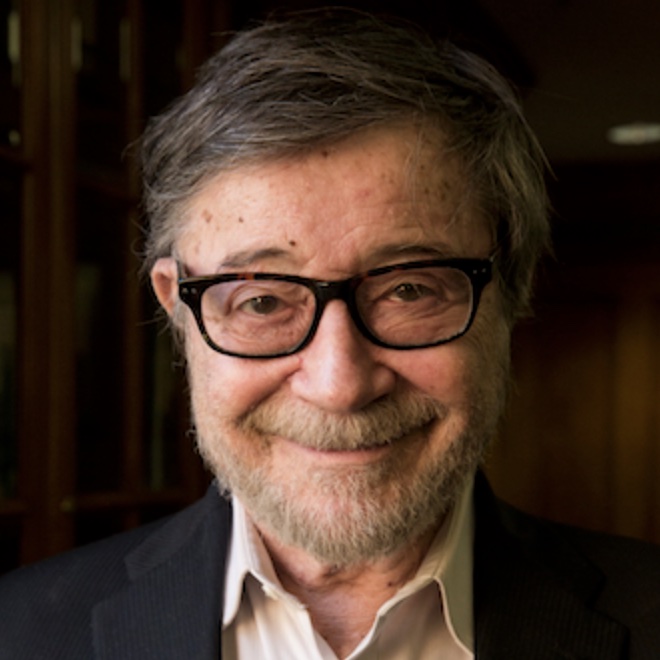 |
Judea Pearl is a Professor
of Computer Science at the University of California, Los Angeles (UCLA) and winner of the 2011 A. M. Turing Award for his “fundamental contributions to artificial intelligence.”
Judea has pioneered a counterfactual notion to causality whose formalism is the de facto standard for causal AI/ML research.
Judea's technical books on probabilistic and causal reasoning have been cited well over 40 thousand times,
while the recent "The Book of Why" has popularized ideas from the Pearlian notion of causality in laymen terms for a global audience spanning multiple languages. |
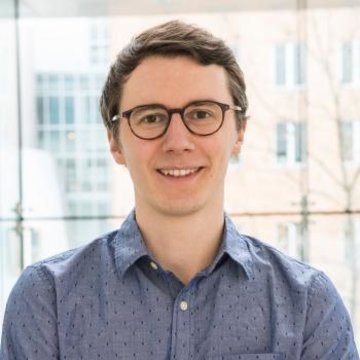 |
Tobias Gerstenberg is an Assistant Professor
of Psychology at Stanford University. Previously, Tobias worked as a PostDoc with Josh Tennenbaum at MIT.
The goal of Tobias's research is to develop a comprehensive computational
theory of responsibility that is formally precise and conceptually rich. To this end, Tobias
studies how people hold others responsible, how these judgments are grounded in causal representations of the world,
and supported by counterfactual simulations. |
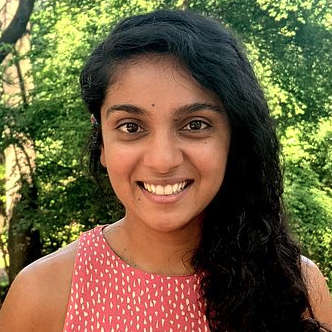 |
Dhanya Sridhar is an Assistant Professor
of Computer Science at the University of Montréal and core academic member of MILA. Previously, Dhanya worked as
a PostDoc with David Blei at Columbia University.
The goal of Dhanya's research is to develop learning systems capable of causal inferences within textual data and
data characterized by their inherent network structure. |
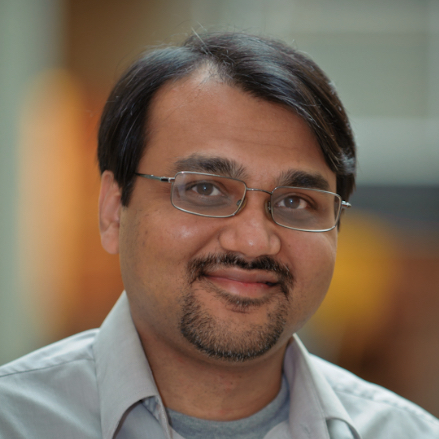 |
Mausam is a Professor of Computer
Science at the Indian Institute of Technology Delhi. Previously Mausam was a Research Assistant Professor at the University of
Washington, Seattle. The goal of Mausam's research is to develop systems that can take advantage of symbolic
constraints, intermediate representations, and algorithms in a neural setting. To this end, Mausam studies
neuro-symbolic systems, neural models for probabilistic planning and knowledge base inference and information
extraction techniques.
|
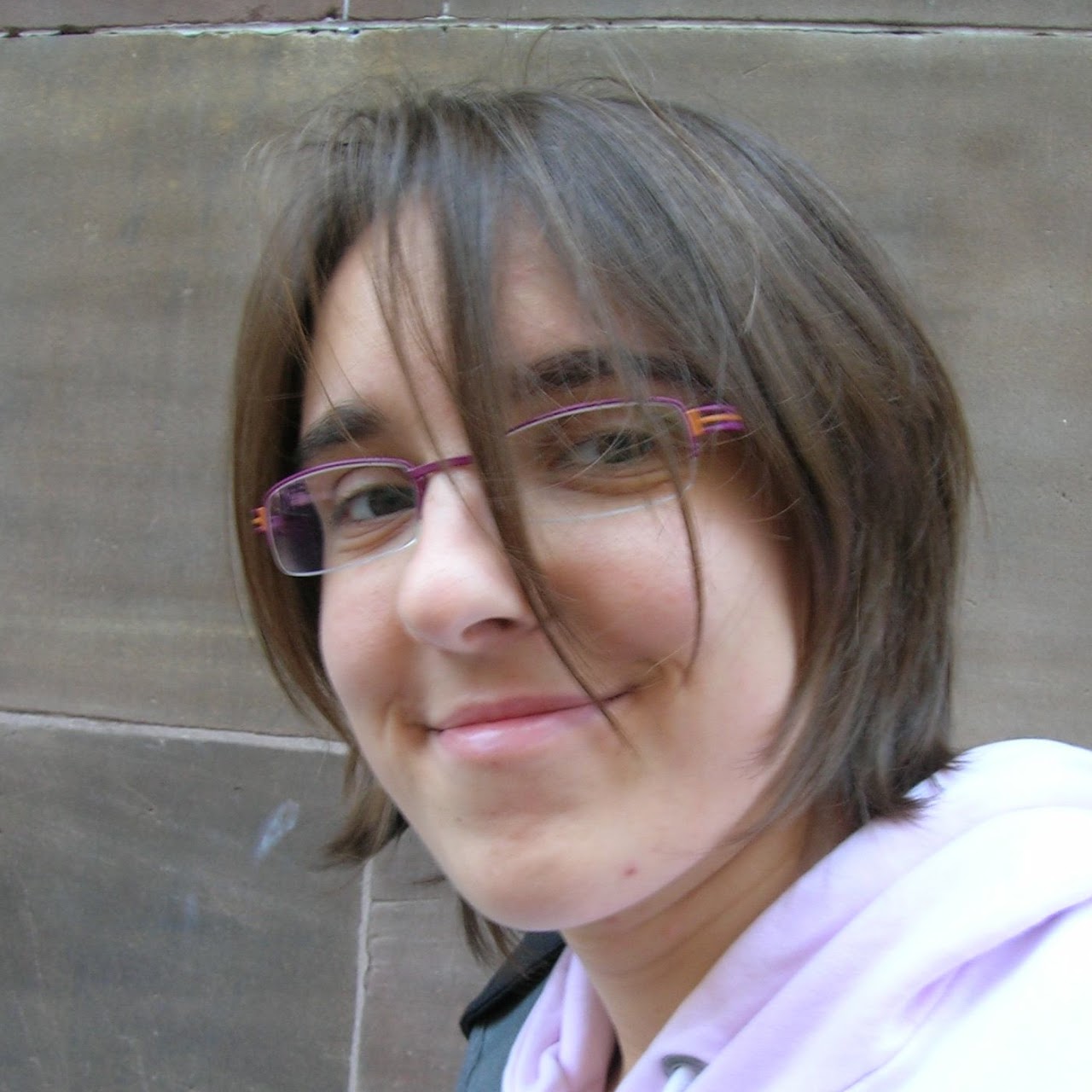 |
Jovana Mitrović
is a Research Scientist at Deepmind. Previously, Jovana completed her PhD from the University of Oxford.
The goal of Jovana's research focuses on representation learning, causality and reinforcement learning and
she is especially interested in developing methods for causal discovery from observational data. To this end,
Jovana studies neural-causal models especially in the realm of causal representation learning and causal
reinforcement learning.
|
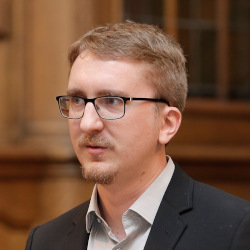 |
Guy Van den Broeck
is a Professor and Samueli Fellow at the Computer Science department at University of California, Los Angeles (UCLA). Previously, Guy
completed his PhD from the KU Leuven. The goal of Guy's research focuses on developing models that can address
structured problems as well as deal with uncertainty in machine learning. To this end, Guy studies statistical
relational learning methods, tractable probabilistic models and neuro-symbolic AI.
|





